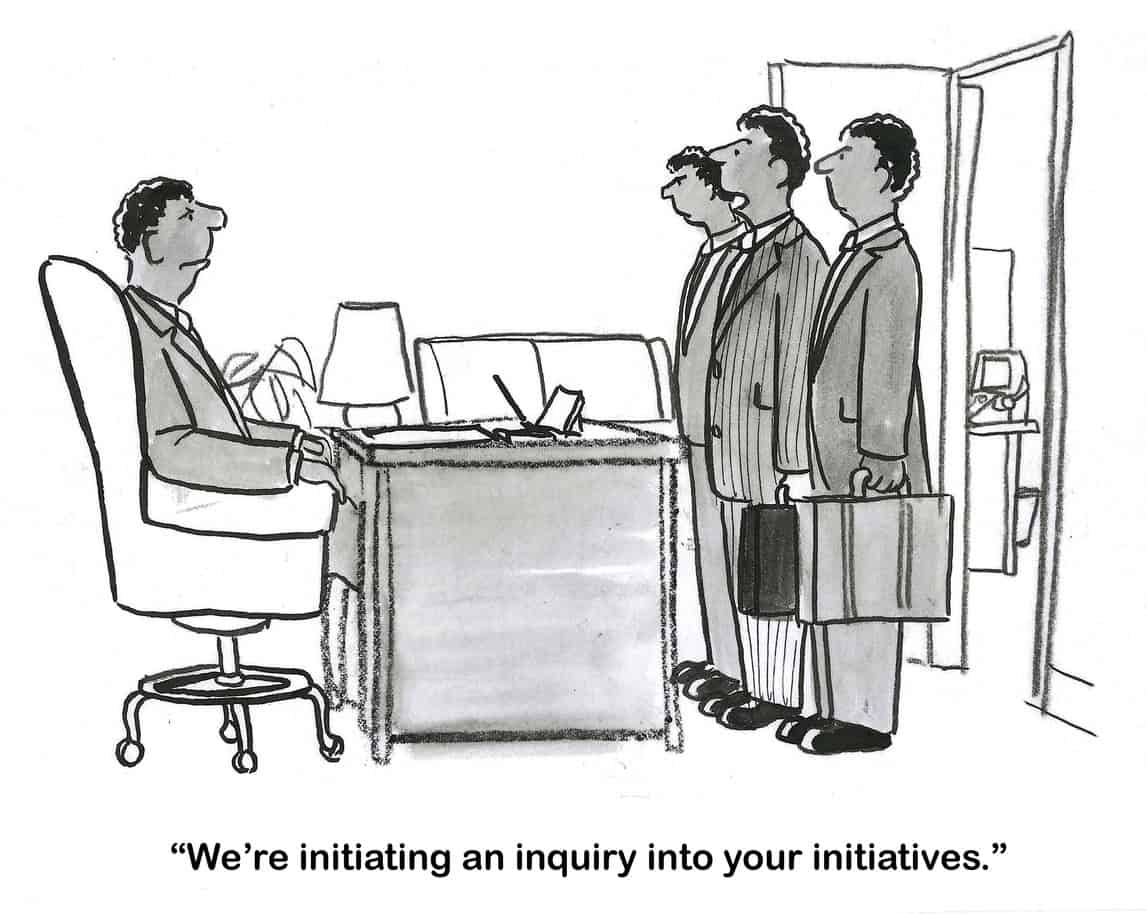Adam Smith was a prominent Scottish 18th-century economist and philosopher, sometimes referred to as the “Father of Economics”. What relevance could he have to occupational health and safety (OHS) in Australia? The modern OHS concern of psychosocial hazards, psychological safety and worker wellbeing should cause us to read Smith’s works on the morality of capitalism. Instead, we should read a new book called “What would Adam Smith make of modern Australia?”, written by Joseph Healy.
Category: wellness
Burnout Lessons CEOs Still Haven’t Learned
Business newspapers and websites often report on executives revealing their own burnout and how they have changed their lives as a result. The changes they make indicate their decisions that led to their mental health crises and epiphanies. But executives lead by example, so how many of the employees are emulating the executives’ mistakes? Shouldn’t the executives redesign their companies’ systems of work to prevent anyone else from suffering from burnout?
Bananas, Bench Press, and Bull – A Health Program for the Already Healthy
Researcher William Fleming found that there is little evidence to support the claim that workplace wellness programs provide the health benefits typically promised. That research from a couple of years ago still resonates, but Fleming has continued to research corporate wellness programs and is broadening his discussion. The latest research paper, “Health lifestyles at work: availability, barriers and participation in workplace wellness”, is a deeper analysis of the social context of wellness programs and why employers use them.
Are EAPs Meeting Modern Workforce Needs?
It is clear from the emails I have received, as well as many of the comments on LinkedIn and other social media platforms, that the modern role of Employee Assistance Programs (EAPs) remains a contentious issue, as discussed below. One of the many issues, young workers’ perceptions of EAP, was addressed by Alena Titterton of Johnson Winter Slattery, who provides an important and different perspective on who uses EAPs:
Trust Issues: The EAP Edition
This week, a colleague shared with me some bizarre experiences he had while negotiating with his company’s Employee Assistance Program (EAP) provider for basic data. It reminded me of the EAP role in preventing and managing psychosocial hazards at work. Australia’s psychological health regulations appear to have placed the EAP industry in a state of confusion and transition, which warrants consideration and the perpetual questioning of the effectiveness of EAPs. It may be that the days of the EAP, as traditionally configured, are over.
Rethinking Workplace Well-being: Insights from Adam Grant
In an era where employee mental health is increasingly recognised as critical, organisational psychologist Adam Grant offered useful insights into creating healthier, more productive workplaces at the Psych Health and Safety conference (PHSCon) in Sydney.
Grant argued that investing in employee well-being is not just a compassionate gesture but a strategic imperative. Companies must move beyond superficial benefits and focus on fundamental work design that empowers employees and supports their psychological health.
Workplace Psych Health and Safety Debate Gets New More Corporate Angle
Wade Needham provides his personal responses to a series of questions regarding psychosocial hazards, offering a fresh and more corporate perspective. This continues the series of articles based on speakers at the recent Psych Health and Safety conference.







